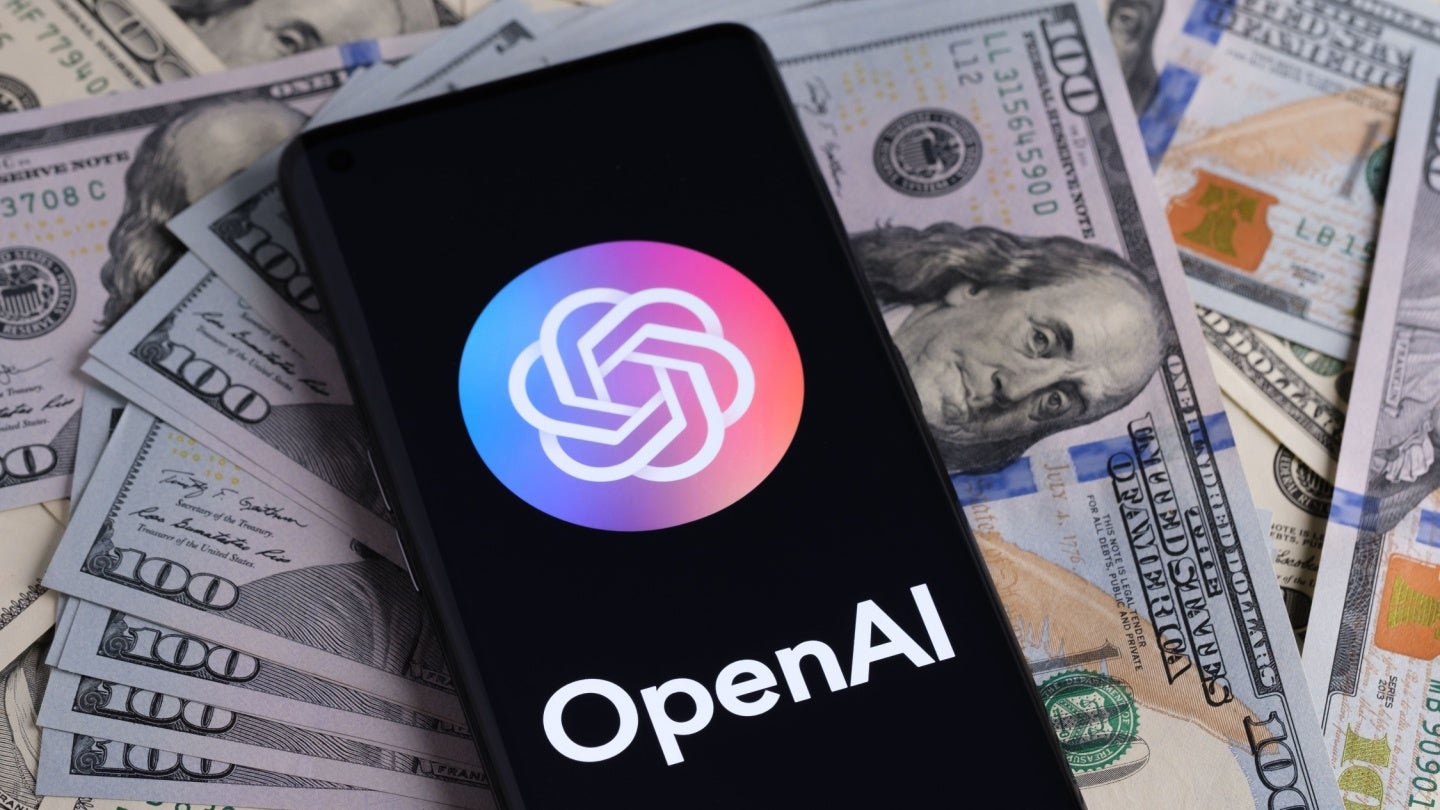
On Monday (13 May) OpenAI announced, during its Spring Update event, that ChatGPT would be made available as an app to download via the Google Play and Apple App Stores. A desktop version for Mac is also in the works and is due to be released, according to the company.
OpenAI also unveiled its latest large language AI model, GPT-4o, which has already been integrated into ChatGPT.

Access deeper industry intelligence
Experience unmatched clarity with a single platform that combines unique data, AI, and human expertise.
GPT-4o can process information at a similar rate to a human and has outperformed the latest models of competitors including Meta, Google and Anthropic. In releasing ChatGPT to the public for free, has OpenAI set a new industry standard in AI accessibility?
Prior to the release of GPT-4o, reports surfaced online suggesting OpenAI’s Spring Update announcement was an AI powered search engine to rival Google’s.
Co-founder and CEO of AI detecting software company Copyleaks, Alon Yamin, commented on the rumour’s timing.
“The release of OpenAI’s GPT-4o is intriguing because it follows a rumor that OpenAI is developing a search engine that could rival Google’s Chrome. With this release, ChatGPT will become similar to an AI assistant, like Alexa or Siri,” he began.

US Tariffs are shifting - will you react or anticipate?
Don’t let policy changes catch you off guard. Stay proactive with real-time data and expert analysis.
By GlobalDataYamin stated that the release of GPT-4o highlighted that OpenAI was prioritising the relationship between technology and its user, opening up valuable feedback forums for the startup if it wished to release a search engine in the future.
“Nevertheless, no matter how advanced the technology gets, keeping some scepticism around it is crucial because while it might be more advanced, it still isn’t without potential flaws,” he says.
“So, the need for tools to set guardrails is becoming more essential as this technology evolves and becomes easier for the public to interact and integrate it into their lives,” added Yamin.
Research and analysis company GlobalData forecast the total AI market to exceed a value of $1,037bn by 2030, achieving a CAGR of 39% from 2023.
How will Big Tech monetise AI?
As AI becomes ubiquitous in business and the online sphere, Big Tech companies have raced to develop and deploy their own large AI models. GlobalData forecasts that this deployment will not slow down its speed in 2024, but as every company releases its own GPT-4o how will they be able to monetise their efforts?
Principal analyst at GlobalData, Isabel Al-Dhahir, stated that the decision to release ChatGPT as a smartphone app will exponentially increase OpenAI’s userbase.
“Accessibility is a clear priority, and many users will undoubtedly appreciate being able to choose how to interact with the system, whether by voice, text, or images,” she says.
“OpenAI has set a new industry standard against which other mass-market players will be judged,” concludes Al-Dhahir.
Big Tech has continually battled with the monetisation of large AI models.
As each tech company releases its own AI model, competition is increasingly focused on price, not just performance.
James Wood, head of product at billing software provider m3ter, stated that tech companies were now facing a problem of how to provide their AI products without a price hike.
“Understanding the interaction between current and future monetisation in a world involving Generative AI is a top-of-mind challenge for the leaders of enterprises of all sizes,” he says.
“They need to consider how to factor in AI’s variable costs, how to monetize the huge amount of added value generative AI powered features can bring, and how to clearly align billing with the added value AI delivers to customers.”
Wood told Verdict about the relationship between generative AI and user metrics: “AI is a product that can closely align with a usage-based metric, helping create a direct link between price paid and true ROI,” Wood stated.
“It will typically offer companies more flexibility to balance cost with expected outcome and make business cases around solutions, and therefore gain peace of mind with paying the equivalent price,” he said.
“However, usage-based approaches do not work for every business, those that offer workflow automation software, for instance, could prefer to charge based on the users that use it, because that’s the locus of value,” he concluded.
With the new availability of ChatGPT on smartphones, and imminently on desktop, OpenAI’s rivals will now be placed in direct price comparison with any future release of their AI models.







